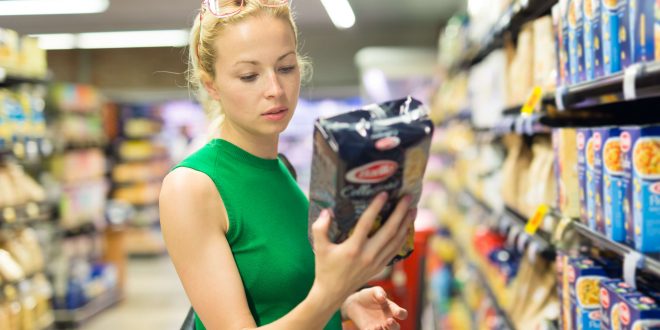There’s no better time to start eating more consciously than today. In this day and age, we are not only eating too much junk food, but we are turning a lot of food into junk, wasting tons and tons of produce. Making these unhealthy and wasteful eating decisions doesn’t do anything good for our communities and our planet. So how can you start eating a more eco-friendly diet? Here are a few green changes to consider today:
Learn how to properly store and prepare foods
There are many reasons why we throw away food, but one of the main ones is that it just gets bad lying in the fridge. How can we prevent that? Well, firstly, we need to learn how to properly store each item and how much we can keep it until it goes bad. There are even some useful hacks like storing potatoes with an apple to keep them from sprouting! Next, learn how to prepare certain foods so you don’t make something gross that will just end up in the garbage. No matter the ingredient, there are hundreds of recipes online you can study and try instead of guessing what works and what doesn’t.
Be careful when buying fruits and veggies

When planning to eat healthily, we all tend to buy a bunch of fresh fruits and veggies and then just leave them in the fridge to rot. While these products are crucial for normal functioning, don’t rush to buy them or you’ll just waste precious resources and money. If you know you don’t like fish but need the vitamins and omega-3 fatty acids from it, buy only a small amount and get the rest of the nutrients from supplements.
Designate vegetarian days
According to research, vegetarian and vegan diets are healthier for humans but also for the planet. Many animal-based foods not only include mindless killings but also require more water and vegetation to be produced. And surely you don’t have to give up meat right away. By adding one or two vegetarian days to your weekly menu, you will still do a lot of good for the planet and your body. And if you’re worried you’ll start to miss some essential nutrients due to your vegan or vegetarian diet switch, you can just grab a few quality vitamins and supplements to replenish your levels. If you notice your vitamin levels dropping, these supplements will get you on the right track in no time.
Make bigger meals
If you can’t control your portion sizes, this might be a problematic habit for you, but if you’re disciplined, you can freely cook larger batches of whatever you’re preparing so you can enjoy tasty leftovers. And that’s not it—by cooking once and eating twice, you will reduce the waste of energy on stoves, ovens and fryers. Some of the easiest meals to cook in larger batches are chili, meatballs, lasagna, curry, chicken, etc. These are good to eat the second time just as they were good to eat the first time.
Be more eco-friendly by buying local
To be more sustainable when eating, just focus on buying local products instead of imports. This habit will not only ensure you get the freshest and tastiest foods but also reduce your carbon footprint. Veggies, fruit and meat produced in your city or state need less toxins to stay fresh and less waste fuel to be transported to your fridge. Plus, you’ll be supporting your beloved community and ensuring local economic growth.
Eat slowly
Mindful eating can do a lot of good for both you and the planet. When eating, sit down at your table, remove all distractions and enjoy the food that’s in front of you. Take in all the smells, sights and tastes before you swallow. This habit will not only allow you to control your portions better and boost your digestion, but it will also awaken a new appreciation for food. You’ll feel blessed to be provided with tasty meals and fresh ingredients and you will think twice before mindlessly throwing something away.
These eco-friendly changes to your eating habits won’t affect your lifestyle, but they will definitely help our aching planet recover and survive this critical period. Being eco-friendly is very rewarding, so go green when eating and you’ll receive an abundance of blessings.



